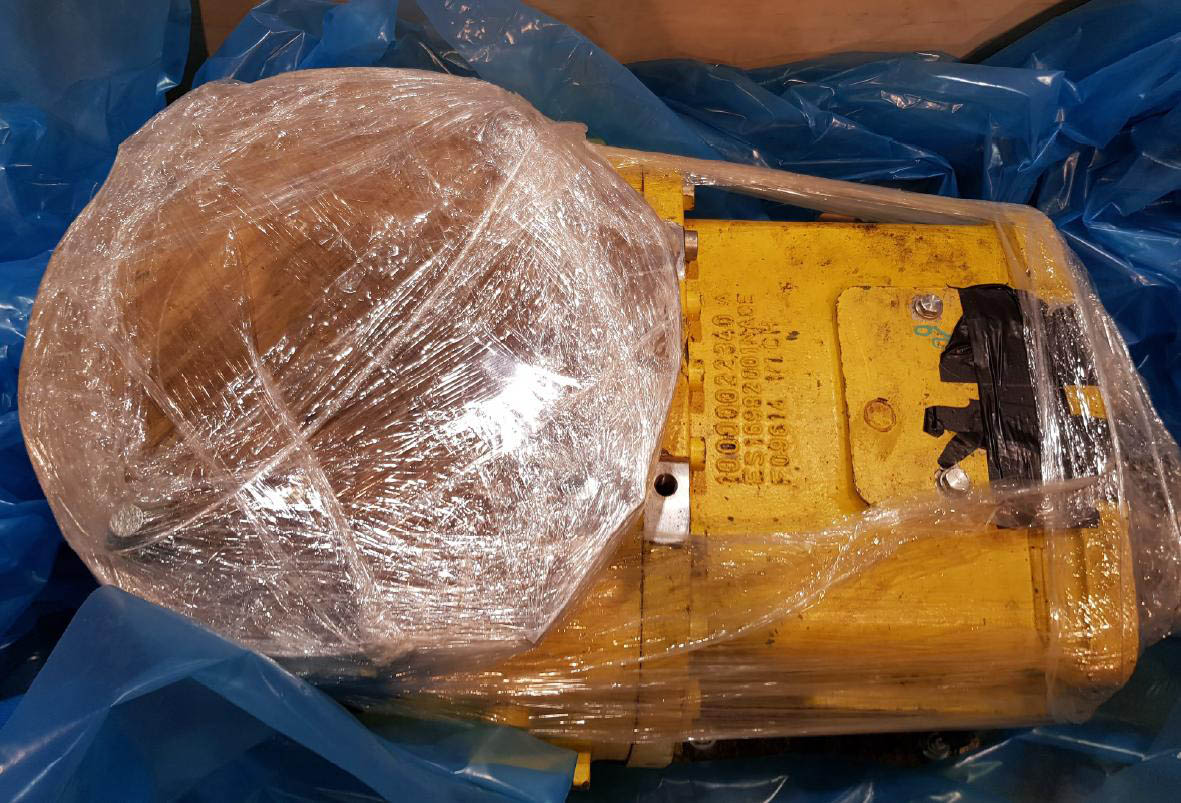ExxonMobil yesterday confirmed that the third stage flash gas compressor that malfunctioned recently and other key parts from the offshore Liza Destiny Floating Production, Storage and Offloading (FPSO) oil platform have arrived in Germany and are being disassembled for inspection and assessment.
The company, which has had to increase gas flaring due to the malfunction, recently announced that it would have to send the compressor to Germany for a full assessment to determine the fault.
In a statement yesterday, Exxon said that the compressor, mechanical seal, the suction silencer and necessary spare parts were cleared with customs in Germany and are now being disassembled for inspection and assessment.
“This process, spearheaded by technical experts from the vessel’s owner SBM Offshore, the equipment manufacturer MAN Energy Solutions and ExxonMobil, is critical as it will determine the repair plan and timeline,” the statement said.
Exxon also said that that it continues to safely manage production and flare levels on the Liza Destiny and has been providing daily updates to the government.
Exxon previously stated that production levels have been cut to limit the controversial flaring of gas.
President of ExxonMobil Guyana Alistair Routledge confirmed on Monday that the gas compressor failed in the middle of the night on January 27th when optimisation testing was ongoing and the production level was around 130,000 barrels per day but maintained that this was not in any way linked to the malfunction. As a result, Routledge disclosed that oil production has been pared to 120,000 barrels per day (bpd) – its previously stated maximum capacity – while gas flaring has increased to 16 million cubic feet per day.
Meanwhile, Exxon said yesterday that it met with various stakeholders and provided an operational update. Around 120 participants from business associates of Exxon and other civil society participated in the meeting.





